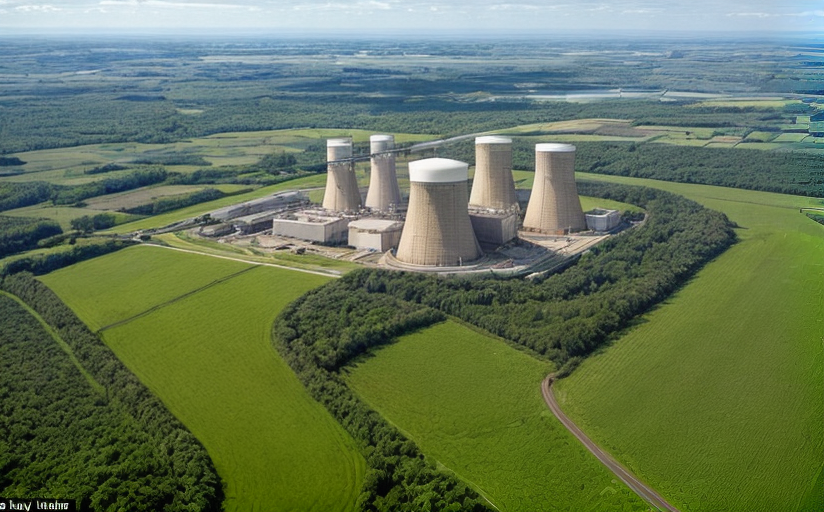Nuclear Energy: Sustainable Solution for the Future or Potential Environmental Catastrophe
In recent years, nuclear energy has been widely deliberated as a viable solution to our growing energy needs and an effective instrument in the battle against climate change. However, it remains a subject of immense controversy due to the significant risks it carries, particularly in regard to nuclear waste management, potential mishaps, and resultant environmental implications.
The Positive Side of Nuclear Energy: Efficiency, Carbon Reduction & Sustainability
Nuclear power, as recommended by numerous nuclear scientists and energy economists, carries substantial potential as an efficient and sustainable energy source. A nuclear power plant operates at a 90% efficiency rate, as opposed to traditional fossil fuels which operate at about 50-60%. By using uranium as fuel, a small amount can provide a significant amount of energy.
Moreover, nuclear power plants emit zero carbon dioxide during operation, meaning they can help curb the greenhouse emissions significantly. Its advocates purport that if we desire a significant decline in carbon emissions within a reasonable timescale, then nuclear energy is a pivotal tool we cannot overlook.
The Dark Side of Nuclear Energy: Waste, Catastrophes & Environmental Impact
Despite its efficiency and carbon reduction benefits, the backside of nuclear energy use is fraught with significant dangers. Environmental activists and some policy makers are highly critical of the nuclear energy approach due to the challenge of managing nuclear waste, risk of accidents, and severe environmental implications.
The hazard lies primarily in the nuclear waste, some of which remains radioactive for thousands of years. The Fukushima Daiichi and Chernobyl reactor disasters serve as harsh reminders of the monumental catastrophe that can occur if something goes wrong within a nuclear power plant. Despite technological advancements in safety, there remains no foolproof safeguard against human error and natural calamities.
A Balanced Perspective on Nuclear Energy
The issue of nuclear energy, therefore, is not black and white. While it offers promising advantages in an era threatened by climate change and energy scarcity, it also presents enormous challenges and existential threat.
According to a majority of nuclear scientists, the risks associated with nuclear energy can be adequately managed using current and future technological advancements. Many environmental activists and policy-makers, on the other hand, call for greater emphasis on other renewable sources like wind, solar, and tidal energy. They argue that these options carry less risk and could produce equivalent amounts of energy in the long run when given the same level of investment and research.
Conclusion
Nuclear energy, thus, while promising as an efficient, sustainable energy solution, calls for careful consideration and judicious use. The global community must learn from past failures while also leveraging the benefits of nuclear power cautiously to meet the energy needs of future generations without compromising the safety and well-being of our planet.


















Comments
Leave a Comment